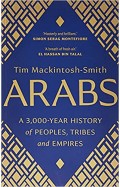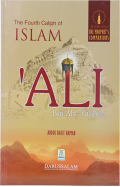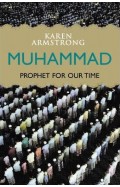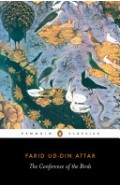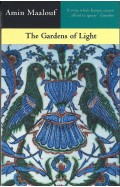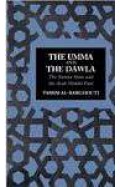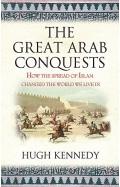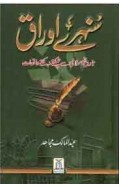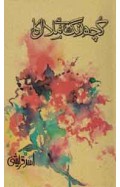How to Read Islamic Calligraphy
By: Maryam D Ekhtiar
-
Rs 8,796.00
- Rs 10,995.00
- 20%
You save Rs 2,199.00.
Due to constant currency fluctuation, prices are subject to change with or without notice.
How to Read Islamic Calligraphy explores the preeminence of the written word as a means of creative expression throughout the Islamic world. Aimed at a general audience, the book introduces all five major Islamic calligraphic script types, demonstrates their distinctive visual characteristics, and explains the various contexts in which each one came to be used, whether for transcribing the Qur’an, composing poetry, or issuing written edicts from the sultan’s court. Numerous examples illustrate how the transmission of these styles and techniques from master to pupil was fundamental to the flourishing of Islamic calligraphy, and handwriting models from as early as the 10th century continue to inspire students of calligraphy today.
Superbly illustrated, the works discussed include manuscripts, glass, metalware, and ceramic tiles. This accessible and engaging book traces the progression of calligraphic styles over centuries and across geographical regions, affirming the spectacular range of creative possibilities afforded by this unique art form.
How to Read Islamic Calligraphy explores the preeminence of the written word as a means of creative expression throughout the Islamic world. Aimed at a general audience, the book introduces all five major Islamic calligraphic script types, demonstrates their distinctive visual characteristics, and explains the various contexts in which each one came to be used, whether for transcribing the Qur’an, composing poetry, or issuing written edicts from the sultan’s court. Numerous examples illustrate how the transmission of these styles and techniques from master to pupil was fundamental to the flourishing of Islamic calligraphy, and handwriting models from as early as the 10th century continue to inspire students of calligraphy today.
Superbly illustrated, the works discussed include manuscripts, glass, metalware, and ceramic tiles. This accessible and engaging book traces the progression of calligraphic styles over centuries and across geographical regions, affirming the spectacular range of creative possibilities afforded by this unique art form.
Zubin Mehta: A Musical Journey (An Authorized Biography)
By: VOID - Bakhtiar K. Dadabhoy
Rs 472.50 Rs 1,050.00 Ex Tax :Rs 472.50
Arabs - A 3,000-Year History of Peoples, Tribes and Empires
By: Tim Mackintosh Smith
Rs 3,446.25 Rs 4,595.00 Ex Tax :Rs 3,446.25
The Fourth Caliph of Islam - Ali Bin Abi Talib (R.A)
By: Abdul Basit Ahmad
Rs 280.00 Rs 350.00 Ex Tax :Rs 280.00
Atomic Habits: An Easy and Proven Way to Build Good Habits and Break Bad Ones
By: James Clear
Rs 4,045.50 Rs 4,495.00 Ex Tax :Rs 4,045.50
1001 Inventions The Enduring Legacy Of Muslim Civilization
By: Salim T S Al-Hassani
Rs 5,001.75 Rs 7,695.00 Ex Tax :Rs 5,001.75
Goodnight Stories from the Life of Sahabah PBUH
By: Saniyasnain Khan
Rs 3,356.00 Rs 4,195.00 Ex Tax :Rs 3,356.00
Arabs - A 3,000-Year History of Peoples, Tribes and Empires
By: Tim Mackintosh Smith
Rs 3,446.25 Rs 4,595.00 Ex Tax :Rs 3,446.25
The Fourth Caliph of Islam - Ali Bin Abi Talib (R.A)
By: Abdul Basit Ahmad
Rs 280.00 Rs 350.00 Ex Tax :Rs 280.00
Atomic Habits: An Easy and Proven Way to Build Good Habits and Break Bad Ones
By: James Clear
Rs 4,045.50 Rs 4,495.00 Ex Tax :Rs 4,045.50
No recently viewed books available at the moment.
Zubin Mehta: A Musical Journey (An Authorized Biography)
By: VOID - Bakhtiar K. Dadabhoy
Rs 472.50 Rs 1,050.00 Ex Tax :Rs 472.50
Arabs - A 3,000-Year History of Peoples, Tribes and Empires
By: Tim Mackintosh Smith
Rs 3,446.25 Rs 4,595.00 Ex Tax :Rs 3,446.25
The Fourth Caliph of Islam - Ali Bin Abi Talib (R.A)
By: Abdul Basit Ahmad
Rs 280.00 Rs 350.00 Ex Tax :Rs 280.00
Atomic Habits: An Easy and Proven Way to Build Good Habits and Break Bad Ones
By: James Clear
Rs 4,045.50 Rs 4,495.00 Ex Tax :Rs 4,045.50











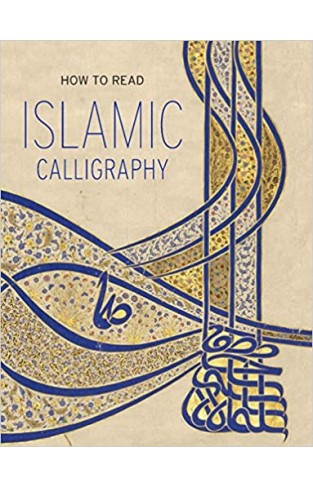
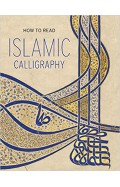
-120x187.jpg?q6)





